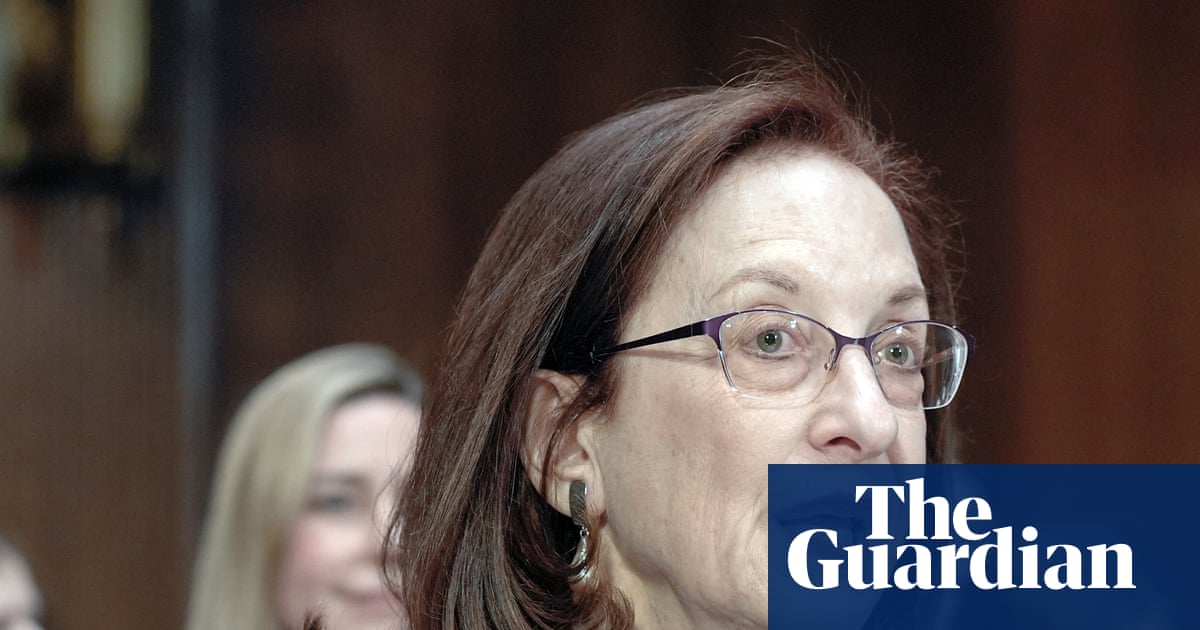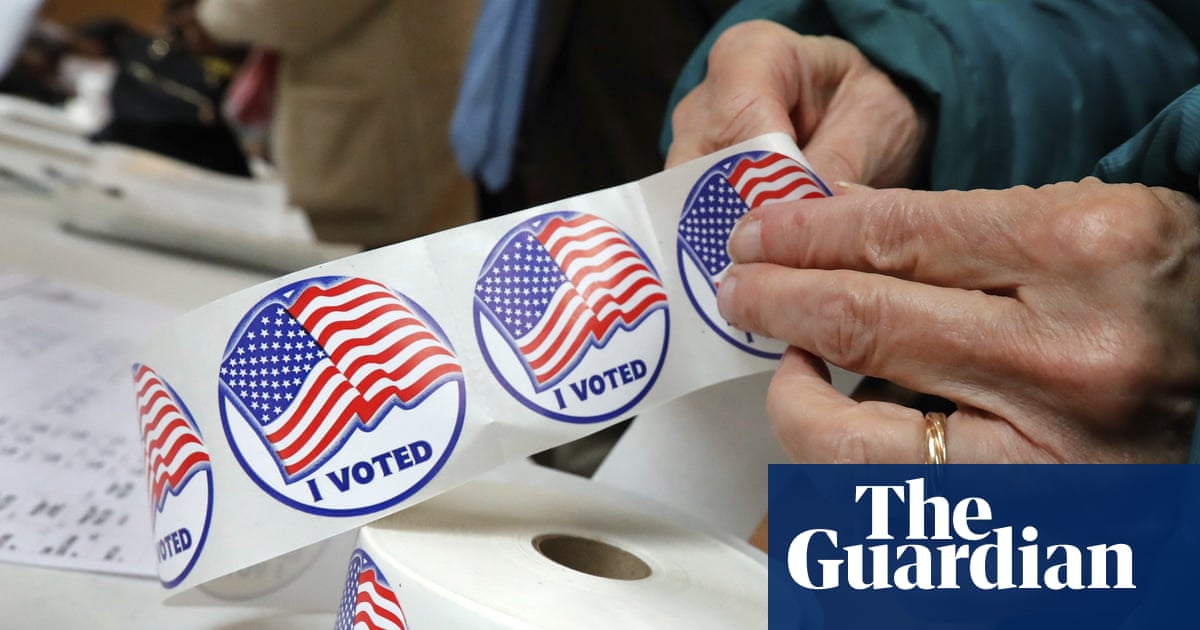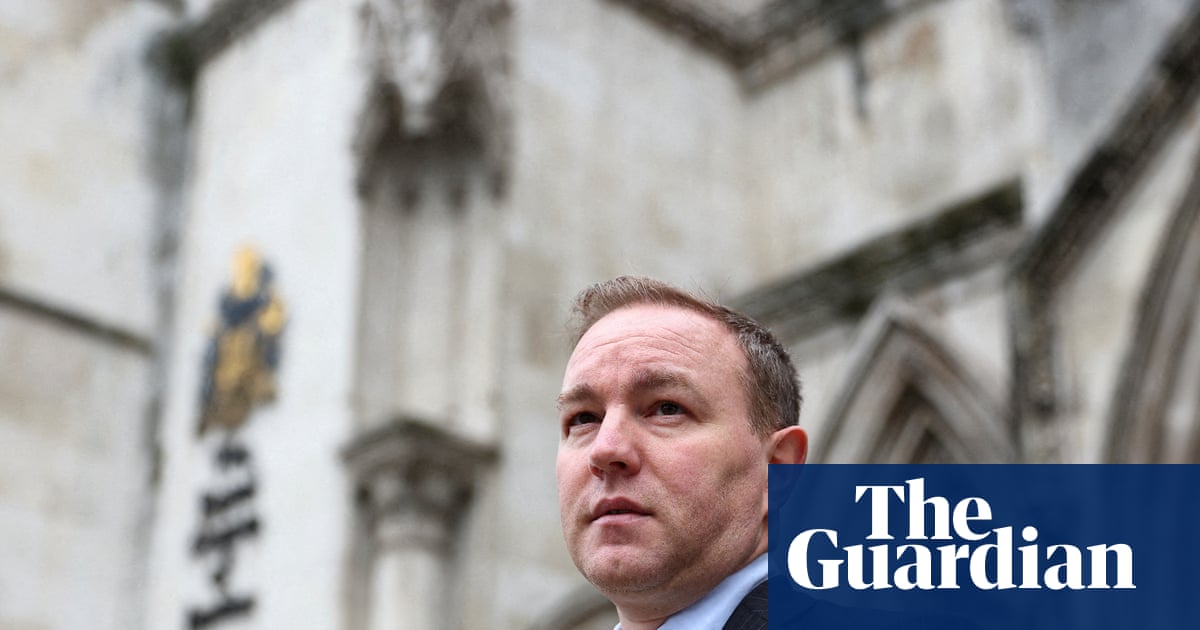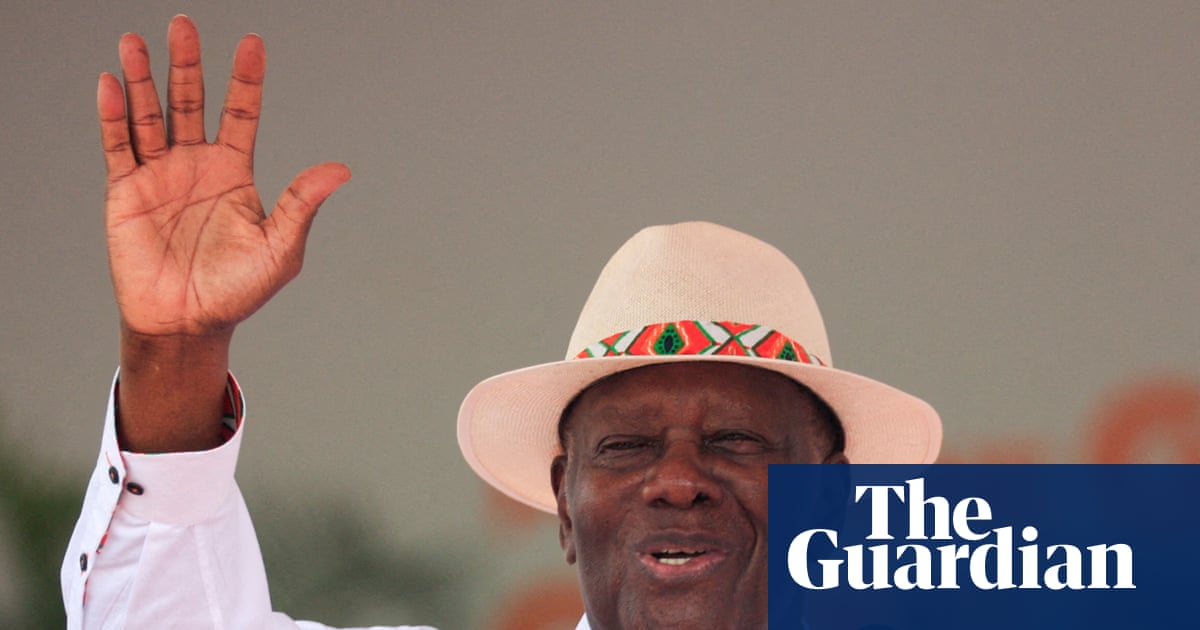Bangladesh’s caretaker government has overturned a longstanding protocol requiring female officials to be addressed as “sir”, calling it an “odd” relic of the regime of the ousted leader, Sheikh Hasina.
The interim administration, headed by the Nobel peace prize winner Muhammad Yunus, took office last year after the former prime minister was overthrown by a student-led uprising, forcing her to flee to neighbouring India.
A statement issued by the press wing of the caretaker government late on Thursday said the directive mandating the use of “sir” for women in official roles had been “annulled”.
“During Sheikh Hasina’s nearly 16-year-long autocratic rule, a directive was reportedly issued requiring public officials to address her as ‘sir’,” it said. “This practice extended to other high-ranking women officials, who were – and still are – being called ‘sir’, which is clearly odd.”
A new committee has been formed to revise other protocol-related directives, the statement added.
A female official told AFP that the caretaker government took the call without consulting the women in public roles.
“The tradition began during Sheikh Hasina’s tenure, but many women officers supported it, finding the address gender-neutral,” said the official, speaking on condition of anonymity.
Hasina, 77, who has defied orders to return to Dhaka, faces several charges at Bangladesh’s international crimes tribunal for alleged crimes committed during a crackdown on the protests that led to her toppling. Responding to the charges, Hasina’s Awami League party condemned the trial process and said the tribunal was a “kangaroo” court.
Up to 1,400 people were killed between July and August 2024, according to the United Nations. Prosecutors claim that Hasina held overall command responsibility for the violence. She has denied all allegations against her.

 3 months ago
52
3 months ago
52

















































